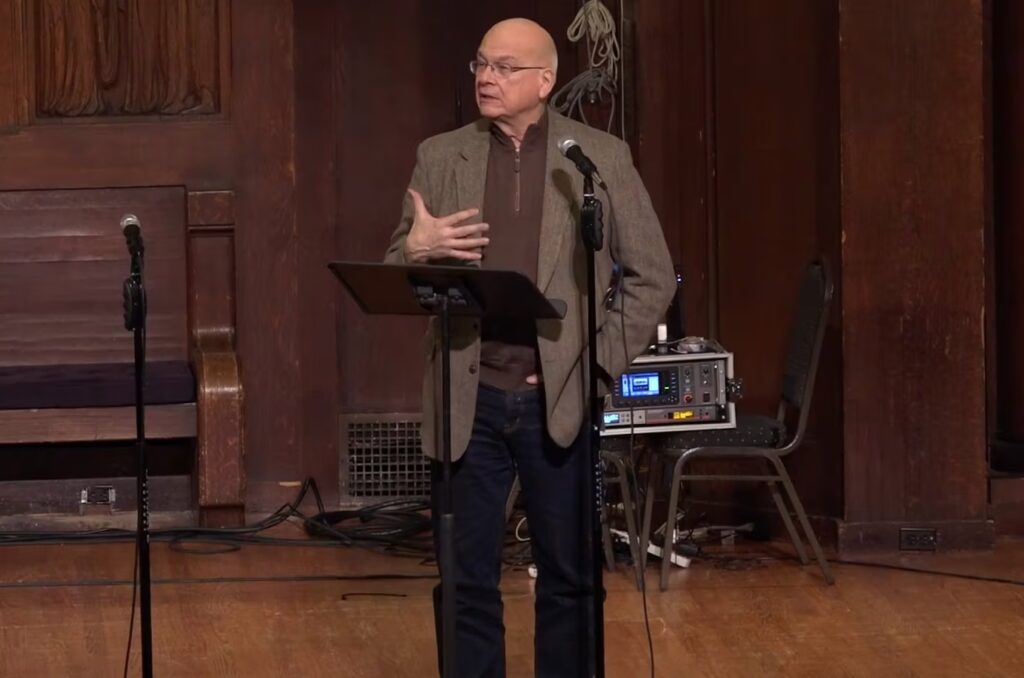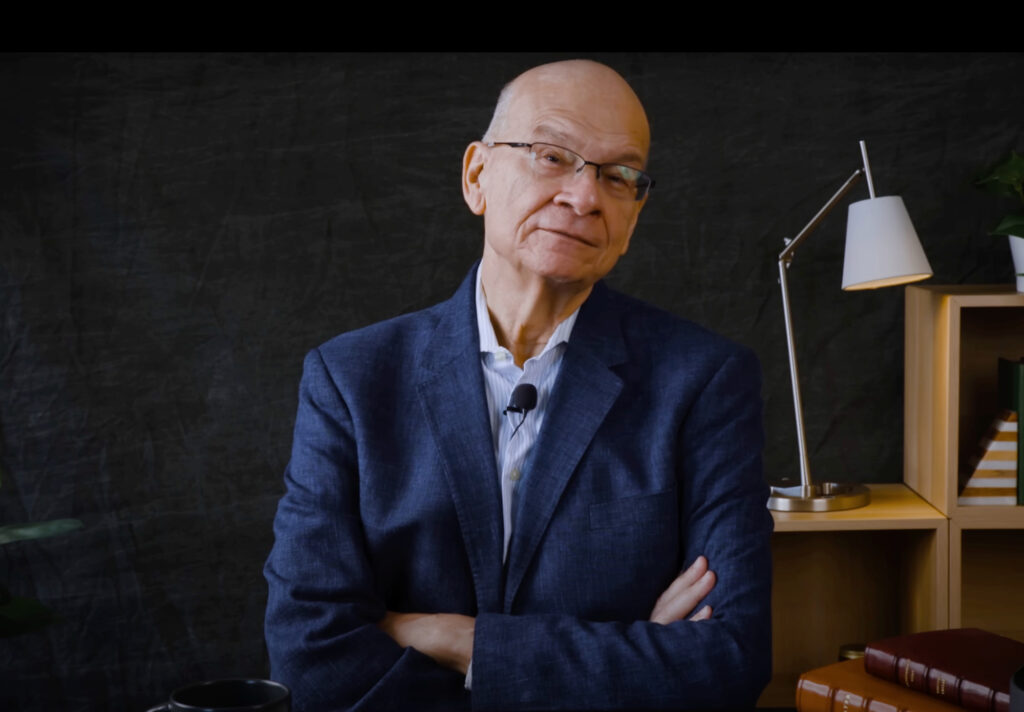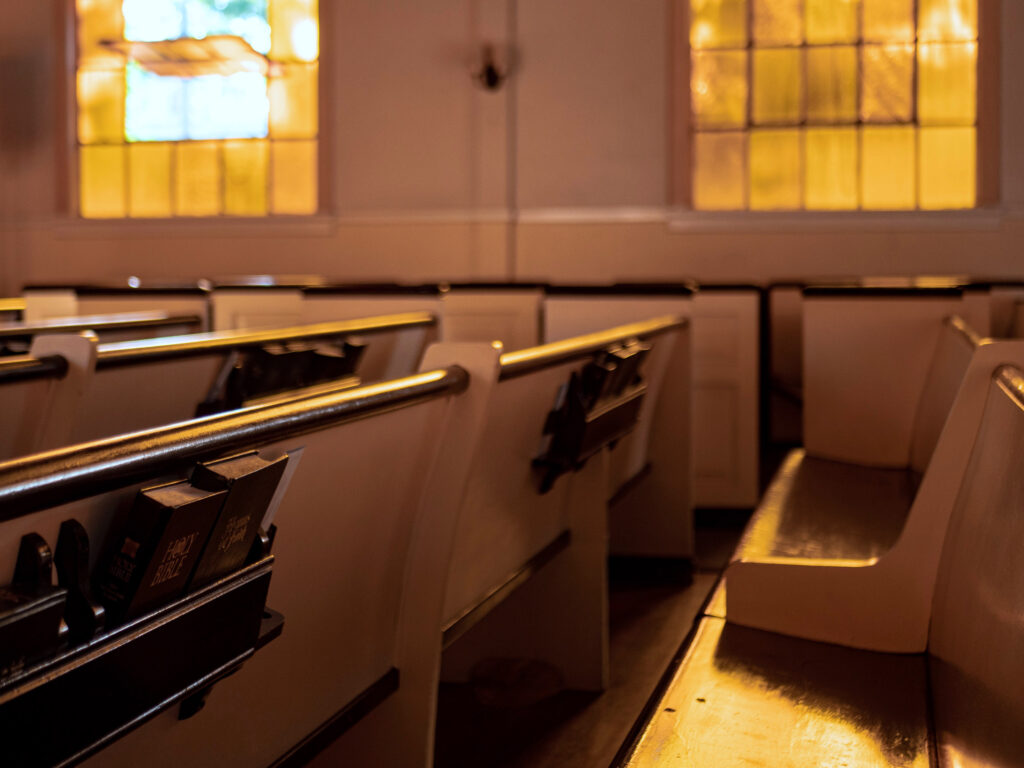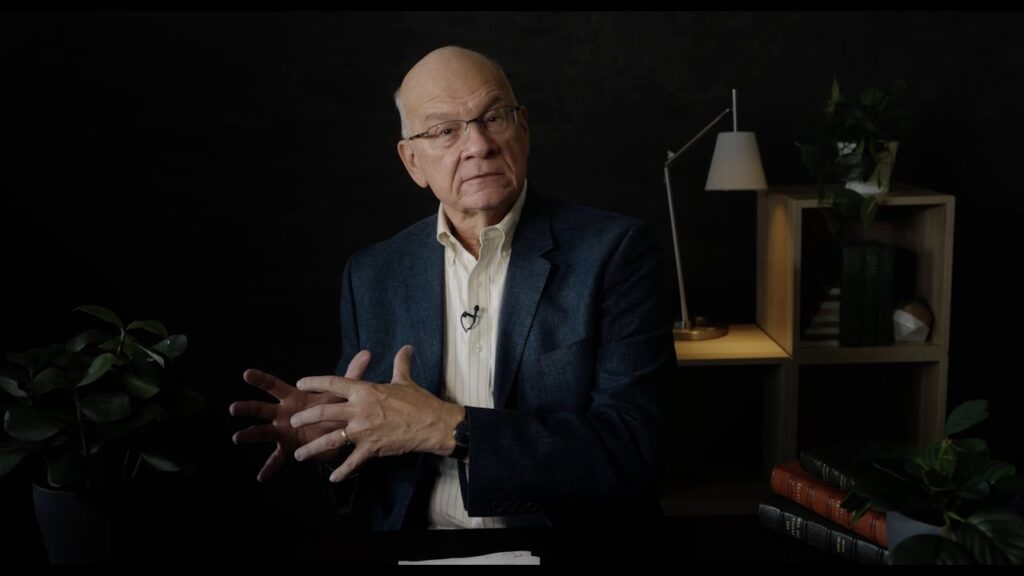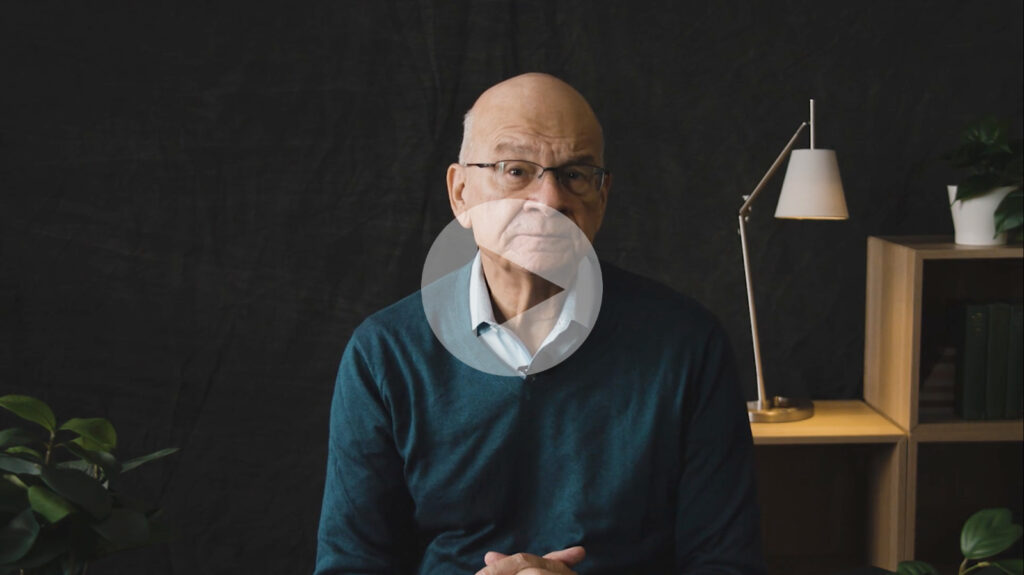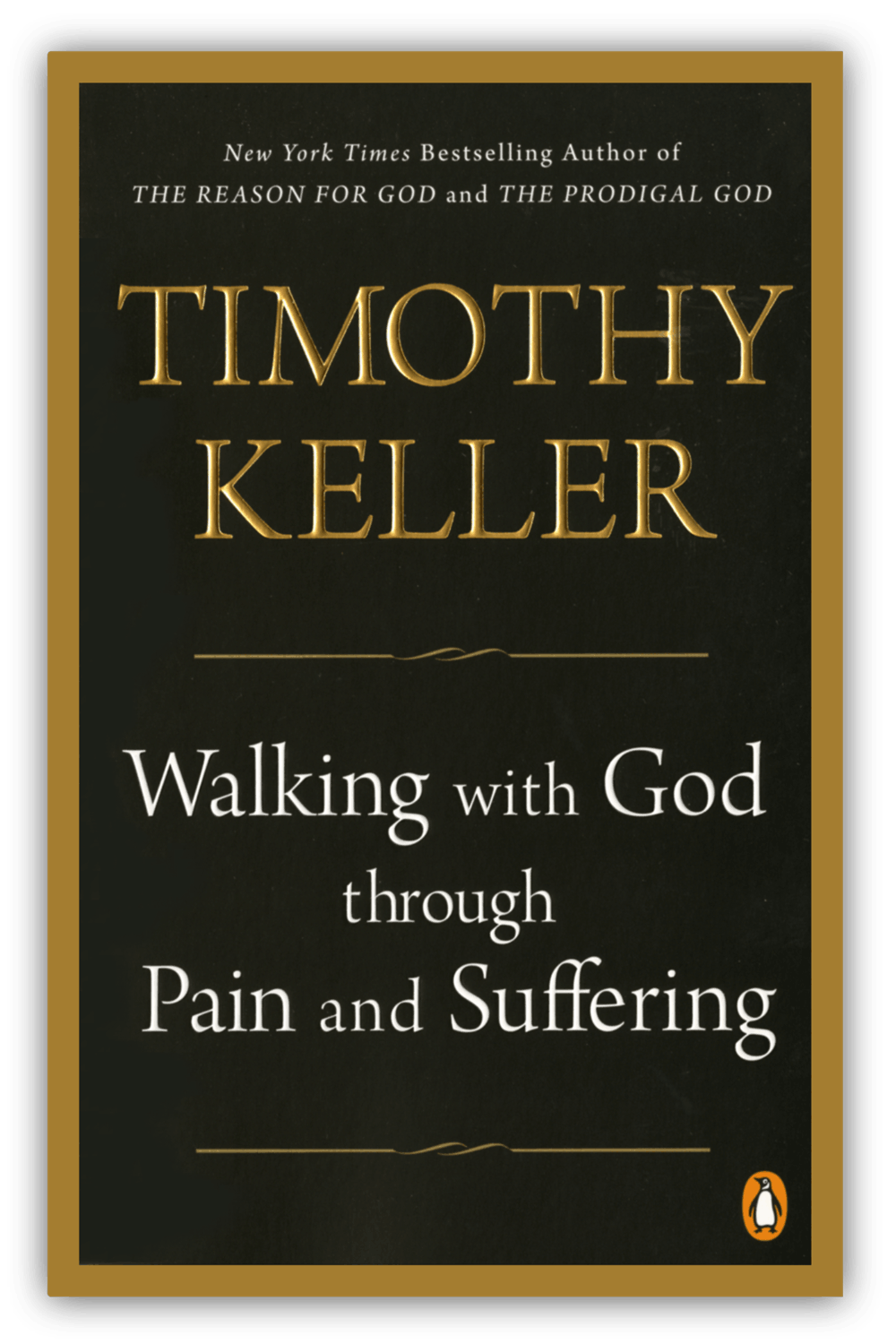In the teaching of Jesus the ultimate condemnation from the mouth of God is “depart from me.” That is remarkable—to simply be away from God is the worst thing that can happen to us! Why? We were originally created to walk in God’s immediate presence (Genesis 2). All the life, joy, love, strength, and meaning we have looked for and longed for is found in his face (Psalm 16:11)—that is, in his favor, presence, fellowship, and pleasure. That is why, for Paul, the everlasting fire and destruction of hell is “exclusion from the presence of the Lord.”













